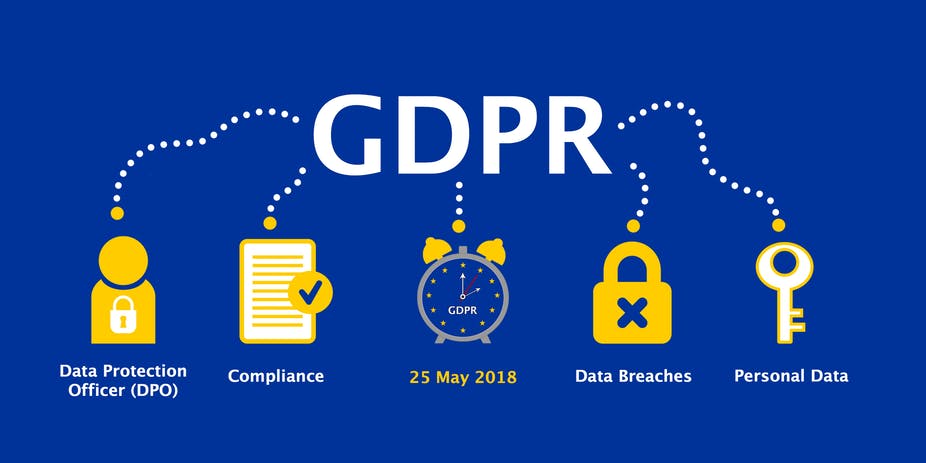GDPR is a common word that is used in offices around the world. It was officially endorsed into law in May 2018 to govern companies that do business within the EU countries. Although obtaining the certification is not easy, being compliant with GDPR is quite helpful even for companies that operate outside Europe. Before you start the process of complaining, there are some critical issues to know about it that will guide you in the process.

What Does GDPR Mean?
GDPR is an abbreviation that stands for General Data Protection Regulation. Its main goal is to protect the rights and freedom of individuals who operate in the EU nations regardless of their primary citizenship. It accelerates the international e-commerce world and offers conventional norms that handle personal data of companies based on clients. This makes it easy for companies to monitor and access essential data that can help them grow their business limits into other avenues. Additionally, GDPR compliant advances opportunities that a business has by managing and access corresponding data while in their process of operations. GDPR basically protects personal data by ensuring to regulate data collected, processed, stored, and even destroyed in a company. GDPR compliance may also extend to non-EU countries.
Local Data Protection Compliance
Although GDPR compliance is the overarching data protection regulation, many states in the United States also have similar regulations for companies. For example, California signed the CCPA into law during the summer of 2018, which intends to enhance the security and privacy rights of consumers in the state. Like California, many other areas have or will be addressing this issue as the internet continues to expand its presence and importance. Be on the lookout for different regulations that could impact your business.
How to Achieve GDPR Compliance
When operating your business online, it is to say that you began the process of attaining GDPR compliance long ago. For your company to be GDPR compliant entirely; however, there are essential steps that you must follow. There are also tools that you must get from the UK Information Commissioner’s Office to help in data protection assessment. The tools include GDPR checklists for data protection and controllers. Therefore, it will be easy to assess your data protection in various fields for smooth business operations. Some necessary steps for GDPR compliant include:
Access
Accessing your data source is one of the essential steps towards GDPR compliance. Regardless of the type of technology you are using, investigating, and auditing every personal data you store is quite crucial. This helps you to evaluate and monitor any risks that can invade your privacy while collecting and storing data. Therefore, it will be easy for you to know where to secure first, depending on personal data storage.
Identify
Online companies collect data all the time. Although all data can be classified as personal once it is collected and stored in the company setting, it is essential to identify specific information that is at more risk. To make the process easy, you can classify data collection into various categories. For personal data, you can include names, social security numbers, or email addresses to distinguish between general and personal data. This way, it will be easy to prioritize critical data and ensure it is safe.
Data Supervisory Authority
If your company operates in more than one EU state, it means you accumulate a large amount of data in a day. Controlling all this data and still manage the business effectively can be challenging at times. Chances of getting in risks without your knowledge are also high, and monitoring business progress can be tough. Therefore, for you to be on the safe side of data security, it is essential to choose a data protection supervisory. This is a team that will be in charge of controlling data collection and storage for respective states. Therefore, it will be easy to protect personal data separately without mixing them.
Conclusion
The main aim of any business is to ensure that advance in profits and customer relations. Your customers also want to be sure that their information is secure and will not later lead them into some financial crisis. Therefore, as the business managers, it is essential to ensure you follow appropriate measures and keep all information collected secure. Additionally, as much as you are investing in modern technology to run your business, observing GDPR compliance should also be prioritized. This will enable you to collect and store data legally.
